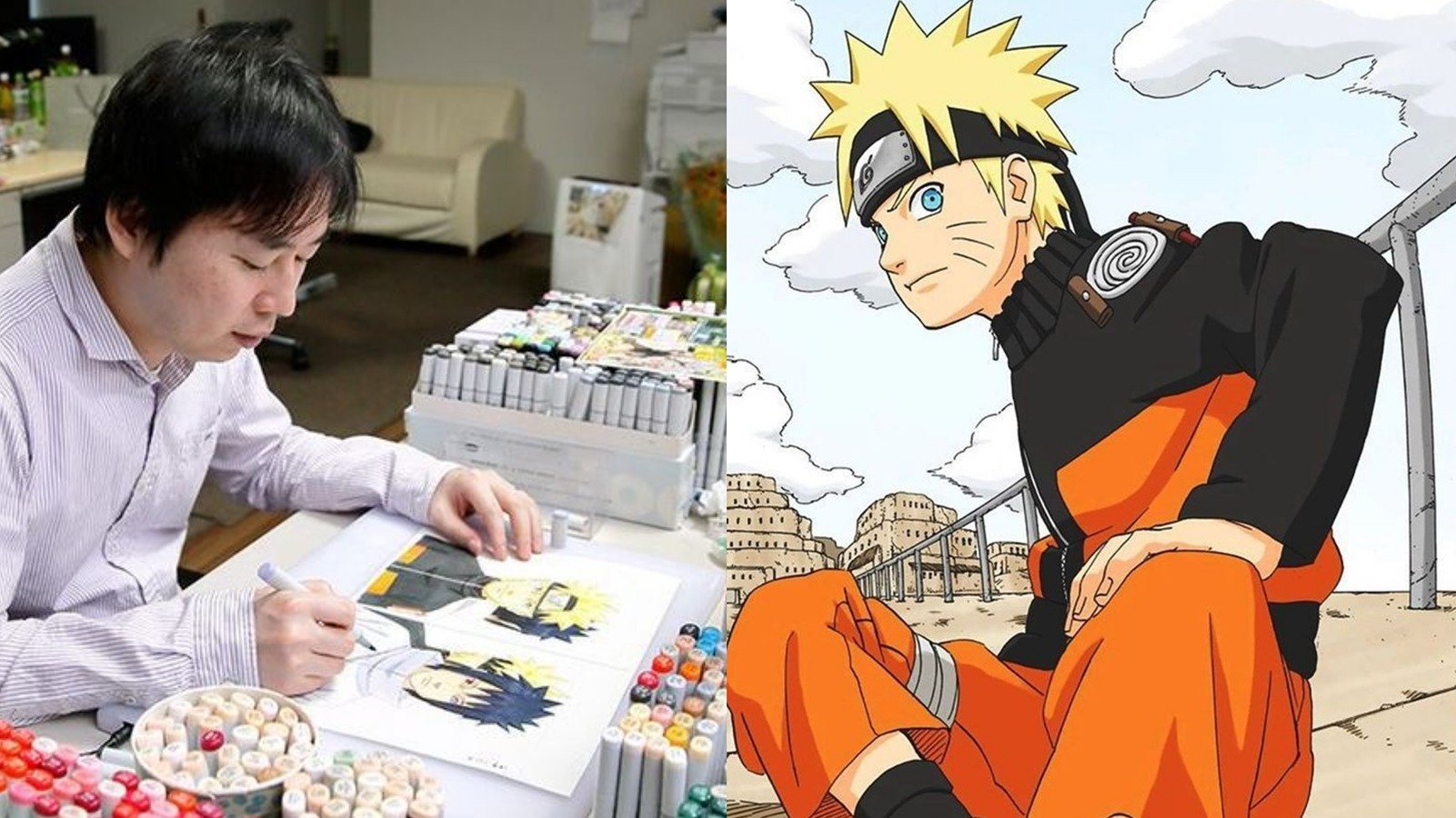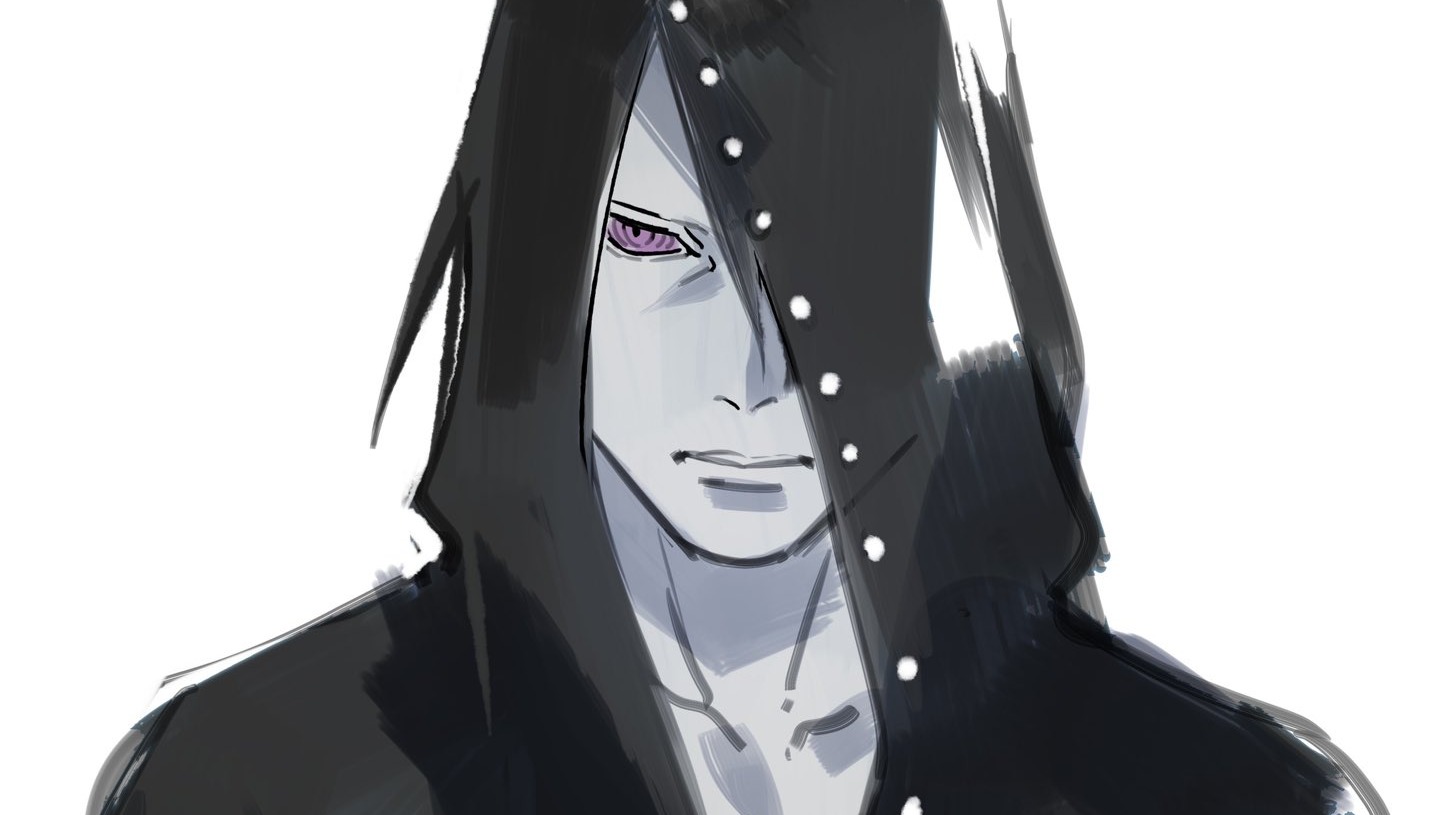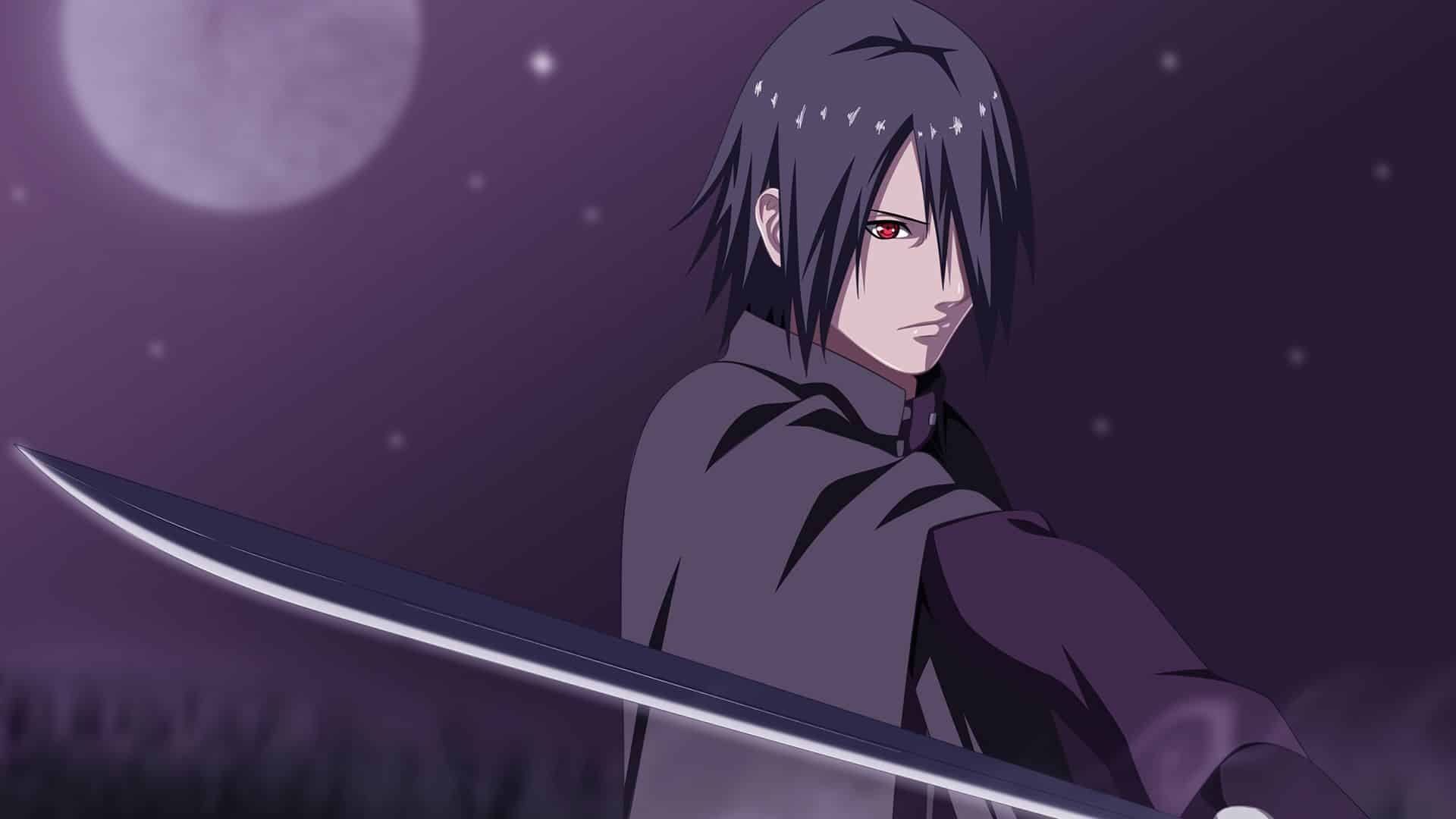Sasuke, the deuteragonist of Naruto, underwent a profound transformation driven by vengeance. Once admired for his cool demeanor, he became cold and ruthless following the Uchiha clan massacre.
His descent into darkness served as a stark contrast to Naruto’s pursuit of peace, highlighting the consequences of choosing revenge over forgiveness. Through Sasuke’s journey, Naruto learned the importance of seeking reconciliation instead of retribution.
While some fans may have mixed feelings about Masashi Kishimoto’s portrayal of Sasuke during this dark period, the mangaka stands by his decisions, emphasizing their narrative significance.

Masashi Kishimoto on Sasuke
In an interview with Kana, Kishimoto explained the deliberate opposition between Naruto and Sasuke’s ideologies. Naruto, having never experienced the loss of family, initially struggled to empathize with Sasuke’s pain. It was only after facing his own personal tragedy that Naruto understood Sasuke’s perspective.
As the series progresses, Naruto evolves from an emotional and impulsive character to a self-restrained hero. In contrast, Sasuke’s character undergoes a transformation fueled by hatred and vengeance, illustrating the consequences of dwelling on past grievances.

Kishimoto’s approach to crafting villains focuses on finding their psychological motivations rather than simply portraying them as irredeemable. By delving into their backstories, Kishimoto aims to evoke empathy from readers and create more nuanced characters.
Naruto’s success as a Shonen series can be attributed to Kishimoto’s ability to engage readers through complex character development and compelling storytelling. Sasuke’s journey serves as a prime example of this, demonstrating the series’ depth and emotional resonance.
Fans can find Sasuke’s descent into vengeance in Naruto, available for reading on Viz Media.




